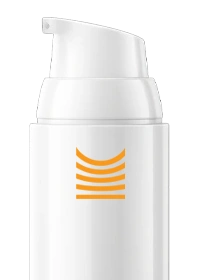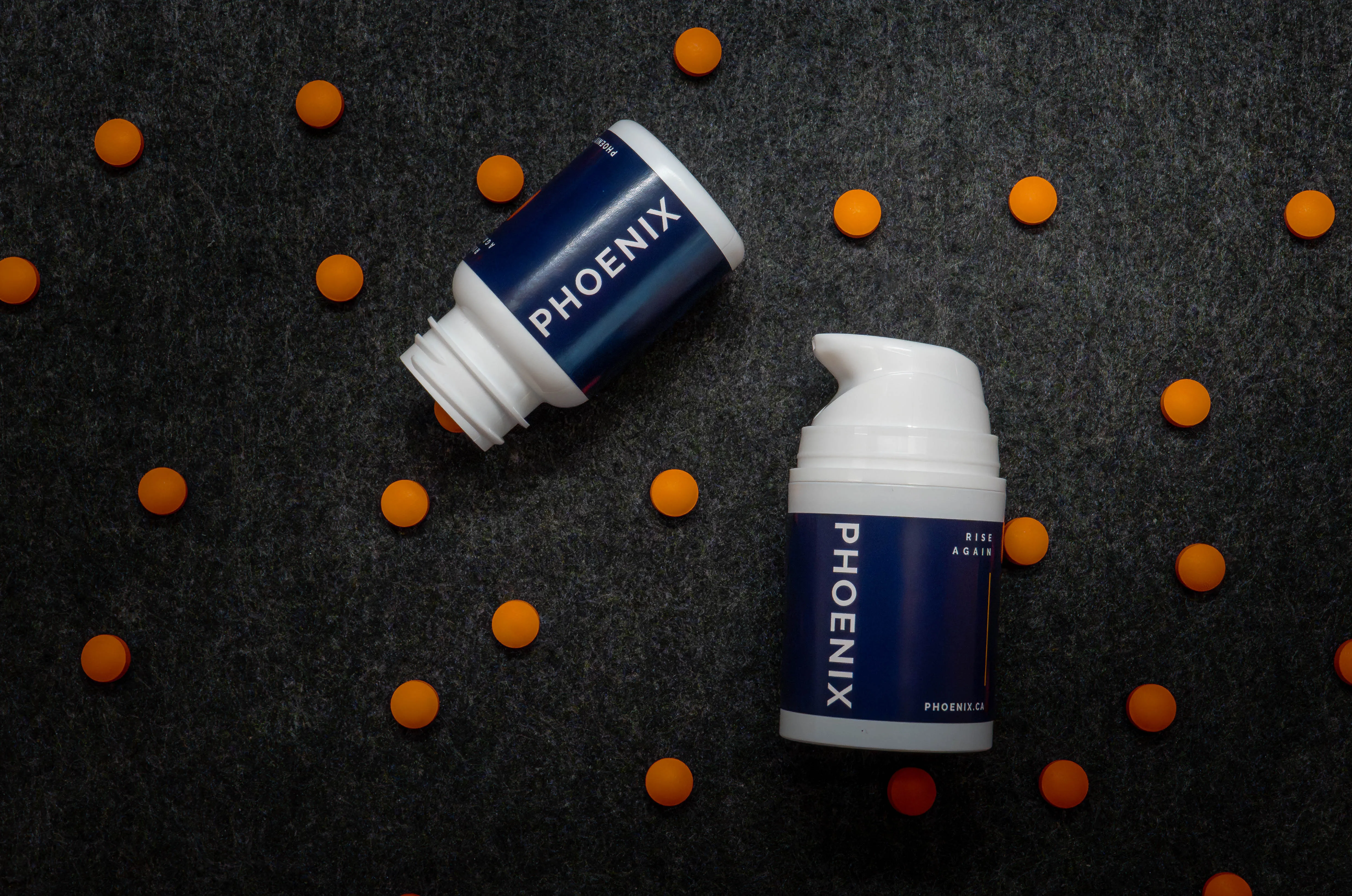
The Phoenix Post
The Phoenix Post
The Phoenix Post
The Phoenix Post
The Phoenix Post
The Phoenix Post
The Phoenix Post
The Phoenix Post
The Phoenix Post
The Phoenix Post
The Phoenix Post
The Phoenix Post

Erectile Dysfunction
Real advice for better health, stronger living, and everything in between.

Erectile Dysfunction
FEATURED ARTICLE
How Does ED Medication Work?
Erectile Dysfunction
Learn how PDE5 inhibitors treat erectile dysfunction, how long they last, possible side effects, and what to do if they don’t work.
All articles
Expert tips on men's health
Find expert answers to common questions about men’s health issues like erectile dysfunction, hair growth, weight loss, and more. Subscribe now to learn more.
Thank you! Your submission has been received!
Oops! Something went wrong while submitting the form.
© 2026 Phoenix Digital Health Inc. Privacy Policy • Terms of Use
Popular
Company
Phoenix is not a pharmacy or drug manufacturer.
Prescription products require an online consultation with a licensed healthcare practitioner who will determine if a prescription is appropriate.


visit our women's clinic.
© 2026 Phoenix Digital Health Inc.
Privacy Policy • Terms of Use













